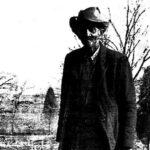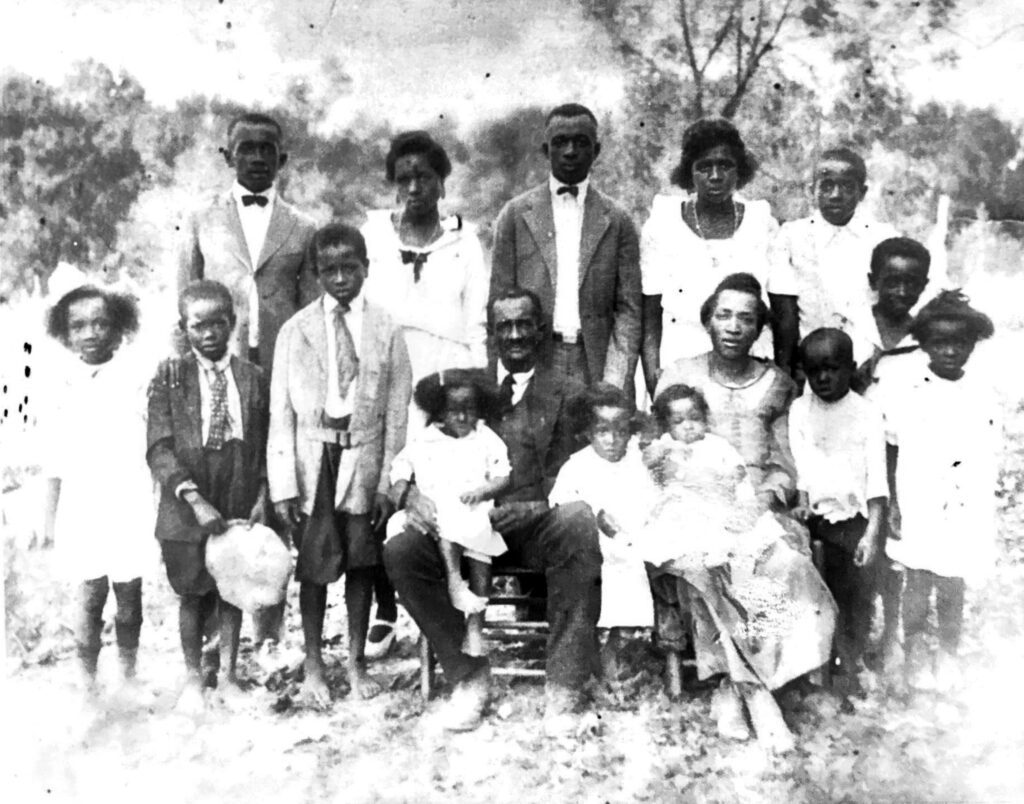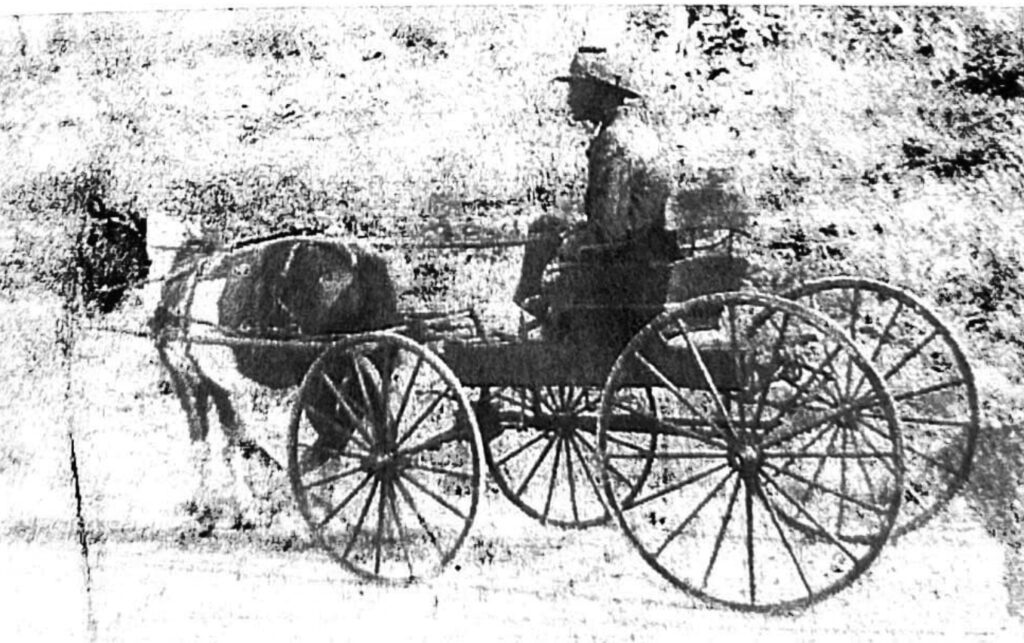
It all starts with The reverend John Wesley Butler was the youngest of seven children born to Sterling Sr. and Jane Howard Butler. He was married to Ella Woodruff Butler (1880 – 1929), the daughter of Jerry and Maggie Woodruff. John’s siblings were Will Butler (Hattie), Leitha Butler Henry, Sterling Butler Jr., Catherine Butler Allen, Cindy Butler Howard, and Lizzie Butler Wells. Ella’s siblings were Joe Woodruff, Jerry Woodruff, Willie Woodruff, Wesley Woodruff and Normesa Woodruff Hogan. After the death of his wife, John raised his fourteen children as a single parent. They were active members of St. Paul A.M.E. Church in Aspen Hill.

John and Ellas made their home in Aspen Hill, Giles County, Tennessee. Life during that time was not always easy, but life was good. John was a farmer. Everyone helped with the chores. The family had a large garden. Canning and preserving fruits & vegetables, making jellies & jams, and wine was a way of life. Quilting and crocheting created beautiful works of art and served as a productive way to pass time during the winter. Livestock provided meat for the family as well as income. Cows provided fresh milk daily. It was kept in a fresh water spring to keep it cool. There were no refrigerators. Electricity came to Aspen Hill in 1935. Butter was churned from milk. Fresh fish was available most year round, and going fishing was fun in addition to being productive. Neighbors would swap out helping with the crops and chopping wood for the winter when necessary. As the older children became adults, they sought work elsewhere. Robert, Rossie, and Henry worked at the Milky Way Farm. Others moved to Kentucky and Indiana and made their homes there.

Social life revolved around church and school. Families attended church together. Aspen Hill was a large community with its own post office. Over a hundred students attended its school. The school in Aspen Hill was for grades one through eight. In order to attend High School, it was necessary to go to Pulaski. There were no buses for black students. So those attending high school often boarded with persons living in Pulaski. Private transportations was by horse and buggy. Eventually, some purchased cars. For entertainment there were ice cream suppers, watermelon feasts, candy making contests, community ballgames, and picnics. Ours is a rich heritage. We owe much to our ancestors who worked hard to make life better for us. Let us make them proud.
